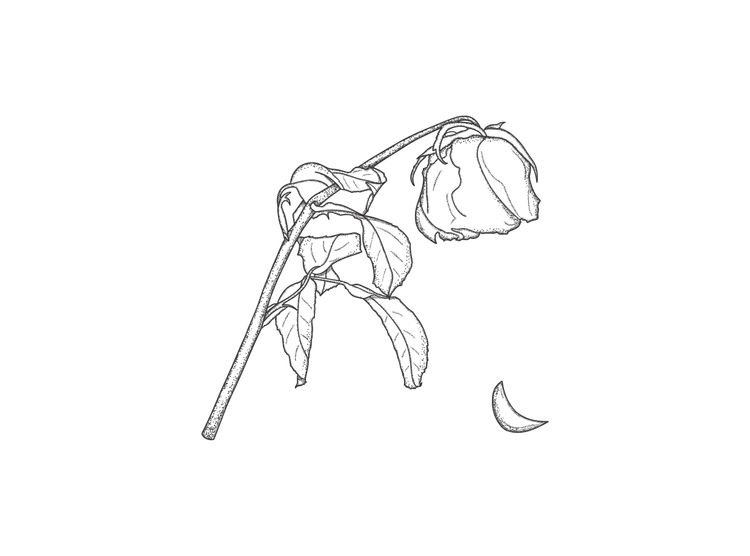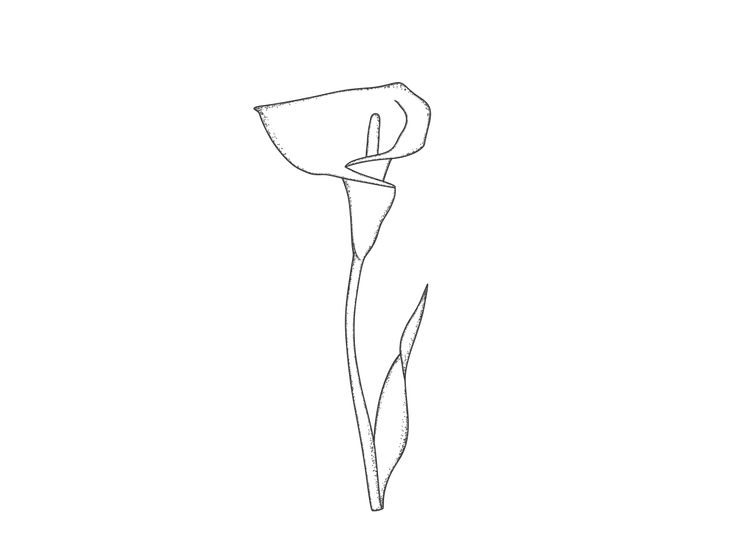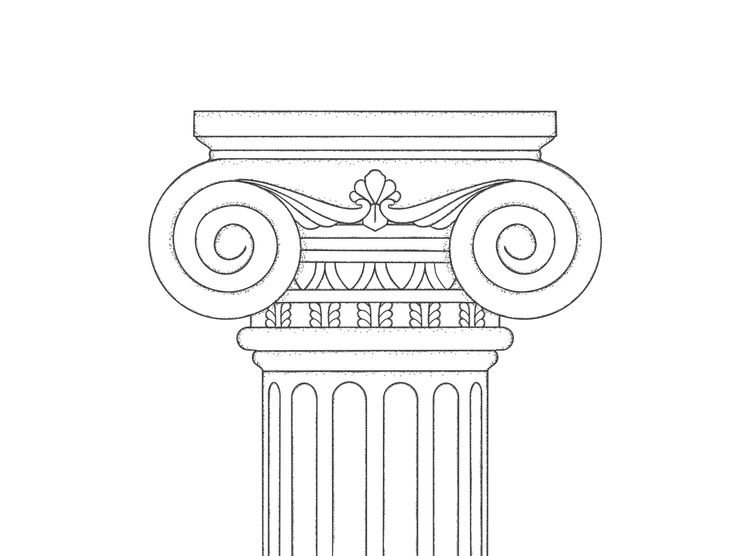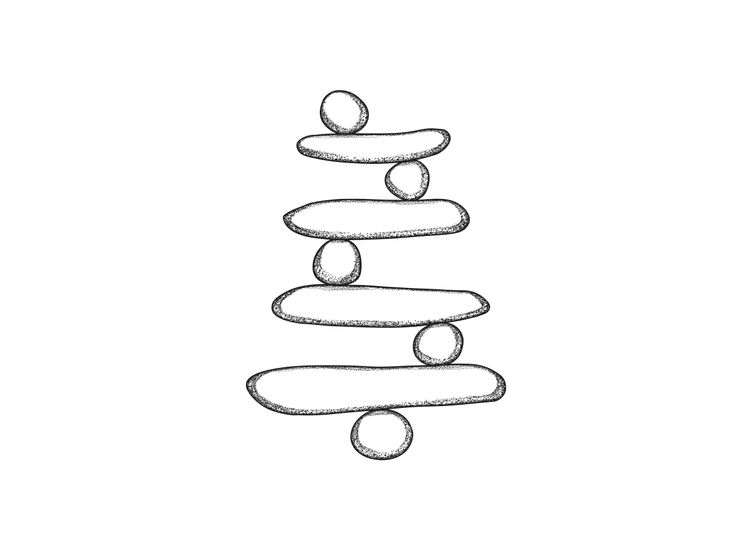Parts
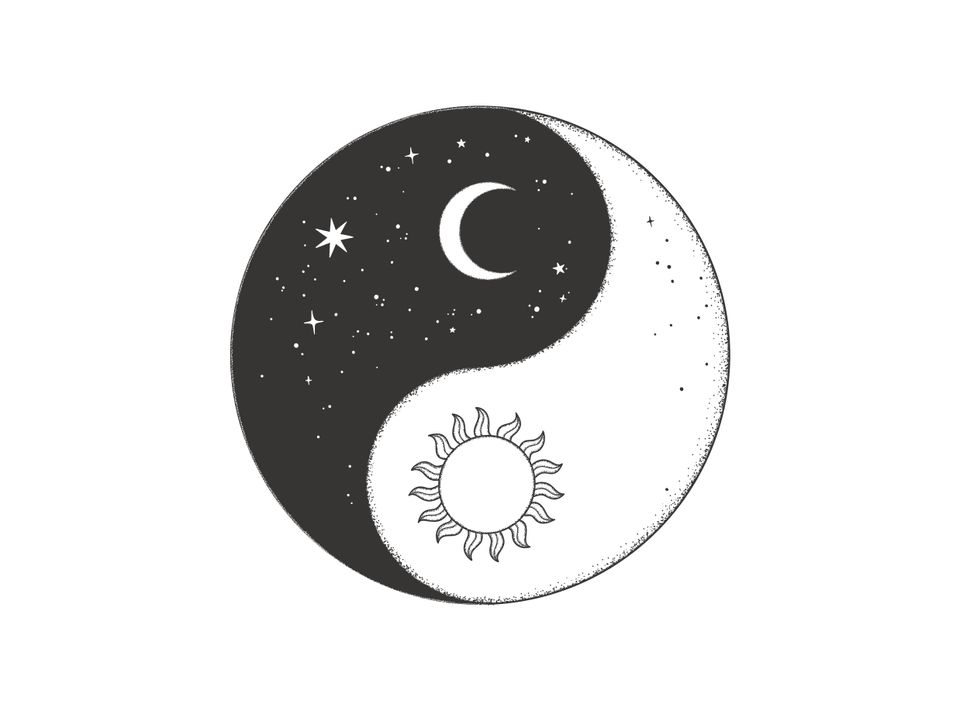
I woke one day to find
That I have cruelty in my hands.
Alarmed, I touched my heart
To see if I could feel
Kindness still, and love.
Assured, I asked
Hands to talk to heart
And heart to hands
Commanding them to find
A reconciliation.
They smiled at me
Indulgently
And said:
Only in God can One be found.
For when He made the world
He hid in you and from Himself,
Taking parts so He could know
Both joy and pain more perfectly.
It is not for you to know
How light and darkness join
As One in Him.
Only in God, child.
Only in God.
It can be such a relief when we substitute "I am..." or "I feel..." for "This part of me is..." or "This part of me feels...". We can lose perspective when we over-identify with one part of ourselves at the expense of another. We can become too deeply attached—to our past, to a role we play, to our faults, to our suffering, or to our virtues. When we do, we drive the unacknowledged parts of us underground, into our subconscious, where they project themselves onto the world outside us.
Like in all human beings, the many parts of my psyche make up me, the whole. All of human potential is in me. How can it be otherwise? I am human! Some parts come and go like the weather, blowing through me before I have even noticed their presence. Other parts have been with me for decades—the sulky kid, the raging teenager, the arrogant, haughty part of me which protects my tender heart by intimidating others with my intellect.
I discovered my cruel hands during a Gestalt therapy session. Gestalt works with parts by asking the client to externalize them as props in their environment—as a cushion, say, or an empty chair. As the client moves from chair to chair or cushion to cushion, the therapist asks them to try on their different parts and see what they might have to say to each other, and how they might be feeling.
Sometimes, we find that our parts are in conflict with each other. A risk-taking part might encounter resistance from a part which sees their job as keeping us safe, for example. Sometimes, our parts are holding immobilized feelings that we have not allowed ourselves to process and express, like anger or grief. Sometimes one part has bullied another into silent resistance.
As the client works with their parts, they experience them more deeply. Neglected parts become more seen, felt and acknowledged. Noisier parts become calmer. Conflict gets resolved. The client experiences a greater sense of wholeness. Growth becomes more possible.
"The majority of Western thinkers and scientists have long rejected the idea that reality is literally unified, or nature and the Universe a system of one," writes the theoretical physicist Heinrich Päs in Aeon Magazine. The thought that a single system underlies everything has been "too odd to believe." What is more, "Western culture has regularly lashed out against the concept and punished those promoting the idea."
Yet Monism—the worldview that everything we see and experience is an aspect of a single, unified whole—follows "in straightforward fashion" from the findings of quantum mechanics, writes Professor Päs. And quantum mechanics is "arguably the best-confirmed theory in the entirety of science."
Any quantum system that is made up of two or more particles possesses a property called entanglement, he writes.
Consider observing a wave pattern on your pond that you know results from two ripples combined, such as two stones dropped into the water. Just by looking at the water surface, you won’t be able to tell what these individual ripples were to start. For instance, the pattern could have arisen from two stones causing two equal swells in the water, or from a small stone causing a third of the swell and a larger stone creating two-thirds.
The same is true for entangled quantum systems: you may know the complete system perfectly well but at the same time know nothing about its constituents until we pin them down by experiment, measuring them. In such an experiment, the very act of measurement would destroy the original whole.
Entanglement is quantum mechanic’s way of integrating parts into a whole, he writes.
And, when you apply entanglement to the entire Universe, you end up with Heraclitus’ tenet ‘From all things One’. Taking this logic at face value, nothing we see around us really exists; there are no particles or physicists or cats or dogs. The only thing that truly exists is the Universe as a whole.
Scientists have twisted themselves into all sorts of contortions to avoid this simple and straightforward conclusion, writes Professor Päs—perhaps because "the notion that ‘all is One’ usually isn’t understood as a meaningful statement in science."
This ‘One’ isn’t directly observable, and science is an experimental endeavour. But more than that, the Western mind was inclined to restrict science to problem-solving while reserving the absolute and final answers for religion. The mindset has been internalised to this day, even by people who aren’t necessarily religious themselves.
Yet if the monistic worldview is correct, then "it implies that the traditional approach of physics to understand things in terms of constituents doesn’t work anymore."
If physicists explain how everyday objects such as chairs, tables and books are made of atoms, atoms are composed of atomic nuclei and electrons, atomic nuclei contain protons and neutrons, and protons and neutrons consist of quarks, they ignore that these particles aren’t fundamental but just abstractions from the fundamental whole.
Instead, the most fundamental description of the Universe has to start with the Universe itself, understood as an entangled quantum object. Indeed, the 2022 Nobel Prize in Physics was awarded for experiments that probe correlations between particles separated by large distances yet connected to each other based on entanglement.
God likes to play hide-and-seek, but because there is nothing outside of God, he has no one but himself to play with! But he gets over this difficulty by pretending that he is not himself. This is his way of hiding from himself. He pretends that he is you and I and all the people in the world, all the animals, plants, all the rocks, and all the stars. In this way he has strange and wonderful adventures, some of which are terrible and frightening. But these are just like bad dreams, for when he wakes up they will disappear.
Now when God plays "hide" and pretends that he is you and I, he does it so well that it takes him a long time to remember where and how he hid himself! But that's the whole fun of it—just what he wanted to do. He doesn't want to find himself too quickly, for that would spoil the game. That is why it is so difficult for you and me to find out that we are God in disguise, pretending not to be himself. But—when the game has gone on long enough, all of us will WAKE UP, stop pretending, and REMEMBER that we are all one single Self—the God who is all that there is and who lives forever and ever.
You may ask why God sometimes hides in the form of horrible people, or pretends to be people who suffer great disease and pain. Remember, first, that he isn't really doing this to anyone but himself. Remember too, that in almost all the stories you enjoy there have to be bad people as well as good people, for the thrill of the tale is to find out how the good people will get the better of the bad. It's the same as when we play cards. At the beginning of the game we shuffle them all into a mess, which is like the bad things in the world, but the point of the game is to put the mess into good order, and the one who does it best is the winner. Then we shuffle the cards and play again, and so it goes with the world.
Alan Watts, The Book, 1966.
Each week I explore a word that has touched my heart. Subscribe to get my newsletter every Sunday morning. You can also follow me on Medium, or on LinkedIn. Feel free to forward this to a friend, colleague, or loved one, or anyone you think might benefit from reading it.

